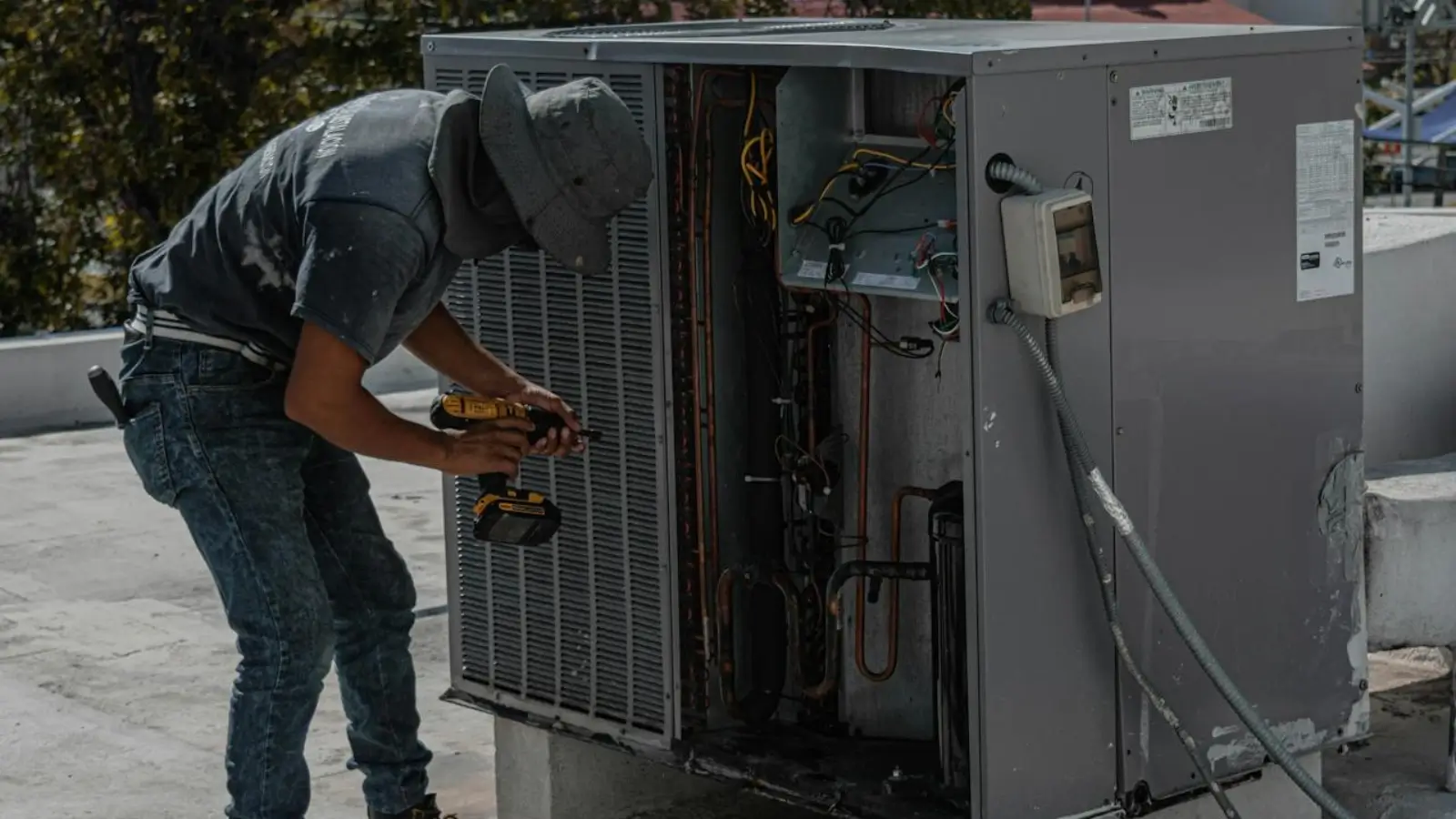Web scraping may be an extremely valuable way of collecting data from websites. However, one of the most difficult things about web scraping would be to deal with captchas and other anti-scraping measures. Numerous websites use these security mechanisms to secure their data and avoid automated bots from accessing content. Careful planning and proper strategies are needed in overcoming these barriers while scraping data efficiently. Learning how to overcome captchas and other barriers can help keep the data extraction projects running smoothly and successfully.
The administration of captchas and anti-scraping issues is a challenging task, particularly for those who have little knowledge of the technical background of data extraction. Captchas are purpose built tools to detect and interfere with automated access and other techniques like IP blocking and user-agent filtering are added for more complexity. Coming up with a strategy to address these challenges requires both technical and ethical solutions for data collection to be compliant with legal and local policies.
Understanding Captchas And Their Impact On Web Scraping
Captchas, or Completely Automated Public Turing tests to tell Computers and Humans Apart, are created to stop automated systems from entering websites. They usually ask users to complete easy for humans but hard for bots tasks like to determine objects on the images or to type distorted text. For captchas to frustrate web scraping projects by disrupting data collection and time delays and precluding access to targeted information.
To manage captchas properly, it is important to be aware of the usual types. Some of the captchas are plain text puzzles, whereas others present visual puzzles to solve. There are also invisible captchas that bare strange browsing patterns. Knowing the kind of captcha can help in determining the most effective approach of overcoming it without breaching the website policy.
Captcha Solving Services For Web Scraping
It is a common way to work with captchas by using the services of solving captchas. These services use human workers or high level algorithms to solve captchas for the scraper. With the inclusion of these solutions to a scraping script, it is possible to avoid captchas, without human involvement. Some of these services provide APIs, which ease the integration process, and therefore they are convenient when it comes to large projects.
Although captcha-solving services may prove useful, they may have some restrictions. Some platforms have an interchangeable success-rate depending on the captcha complexity, and the response time can change. Furthermore, the use of such services can give rise to ethical and legal issues especially if the terms of the website forbid the automatic data collection. It is, therefore, important to assess the risks and practice compliance before the use of these solutions.
Browser Automation Is Used For Captcha Handling.
Browser automation tools such as Selenium are helpful when it comes to captchas because they can replicate human actions on a page. These tools can be made to halt the scampering process when faced with a captcha whereby manual solution or an automatic solution through integration with a captcha solver service can be employed. The browser automation is very useful for sites that use captchas or interactive quizzes.
However, it is possible to slow down the scraping process if one depends solely on browser automation. Captchas can still inundate the system making it impossible to continue data collection. In an attempt to reduce disruptions, enlisting browser automation alongside IP rotation or user-agent spoofing can help mitigate the possibility of getting captcha challenges. Also, human input for more complicated captchas is still an option in some cases.
Adoption Of Ip Rotation To Avoid Captcha Pains
Repeated access from the same IP address is one of the main causes behind captchas. IP rotation uses a pool of proxy servers to make requests with different IPs hence reducing the chances of getting detected. This approach may help to keep the access to sites without encountering many captchas.
Proxy service of choice is key to successful IP rotation. Some of the services offer residential proxies that act just like real user behavior and others, data center proxies. Speed and anonymity must be balanced for evasion of detection. IP rotation is a common practice in web scraping services, which makes it a practical solution for large scale extraction of data projects.
Implementing Delay And Randomization Techniques
A number of anti-scraping measures recognize anomalous patterns in the frequency of requests. Implementing random delays between requests can help to simulate the behavior of human browsing and will reduce the likelihood of triggering captchas. User-agent headers and browsing patterns can also be randomized to an even greater extent to reduce the risk of being identified as a bot.
Use of delay and randomization strategies can greatly increase the success of price scraping and other data extraction procedures. If one spreads out requests, and imitates natural user interactions, chances of encountering captchas within one’s programming are reduced. This method also works well with ethical practices by decreasing server load as well as minimizing its effect on website performance.
Ethics Practices And Legal Compliance
Though technical solutions are vital for the sake of dealing with captchas, the same applies in terms of ethical and legal aspects. Infringing websites without permission can break terms and conditions and court cases. Gaining clarity on the site’s scraping policy and maintaining use limits ensure compliance. Further, the ability to protect data collected from breaching privacy rights is an integral part of ethical web scraping.
When using web scraping services, it is best to go through reputable providers who adhere to legal guidelines. Price scraping for instance, should be done legally where the aims are achieved through legal means. Transparency about data usage and avoiding disruption of proper functioning of websites are some of the aspects of responsible practices.
Testing And Adapting Anti-Captcha Strategies
Despite having strong strategies in place, captchas may have some challenges. The effectiveness of scraping projects can be sustained with regular testing and changing techniques. Keeping an eye on the frequency and kinds of captchas met can shed light on what techniques are effective. The tweaking of IP rotation parameters or introduction of new captcha solving services (if required) can be tuned for performance.
Conclusion
Doing captchas and anti-scraping requires both technical and ethical solutions. From recaptchas, to IP rotation and browser automation – there are numerous ways to stay in access to the data while following the policies of the website. Moreover, the usage of delay and randomization methods will minimize the probability of detection.

















